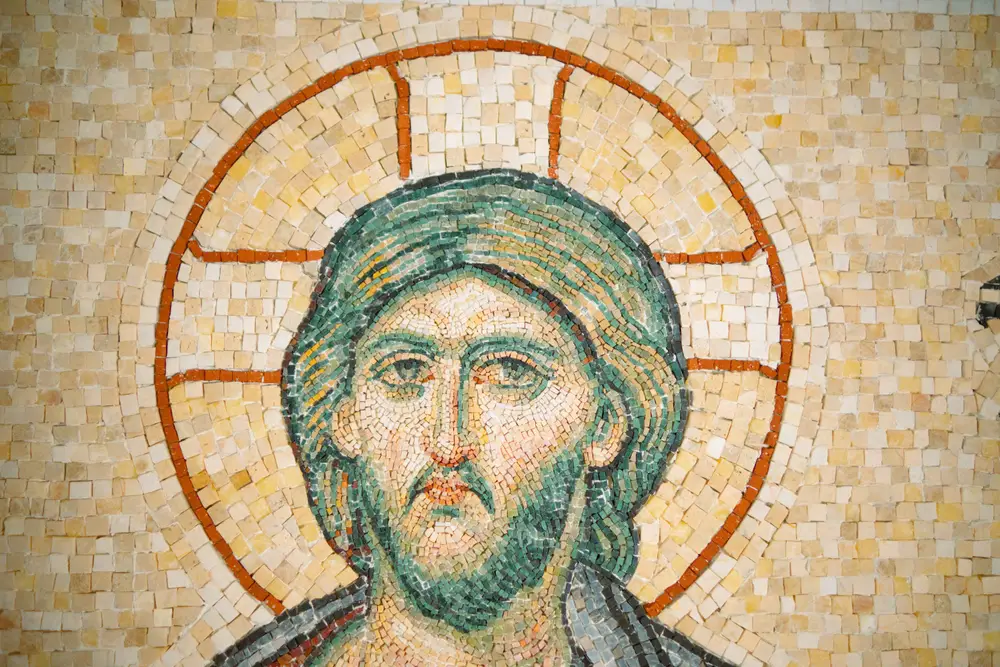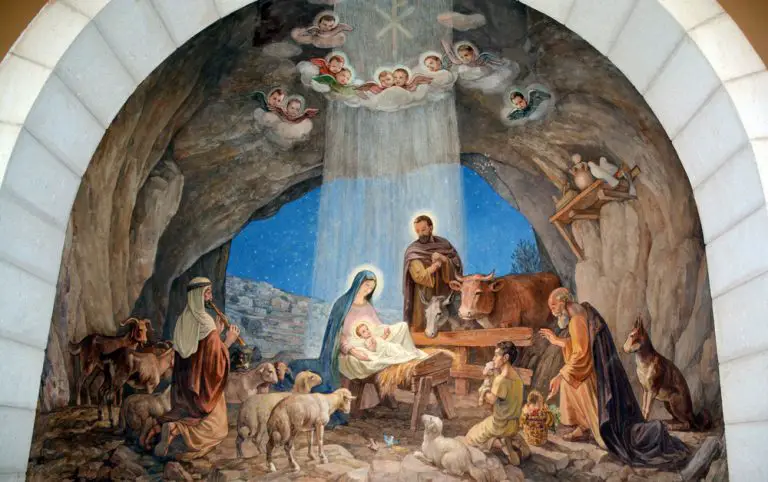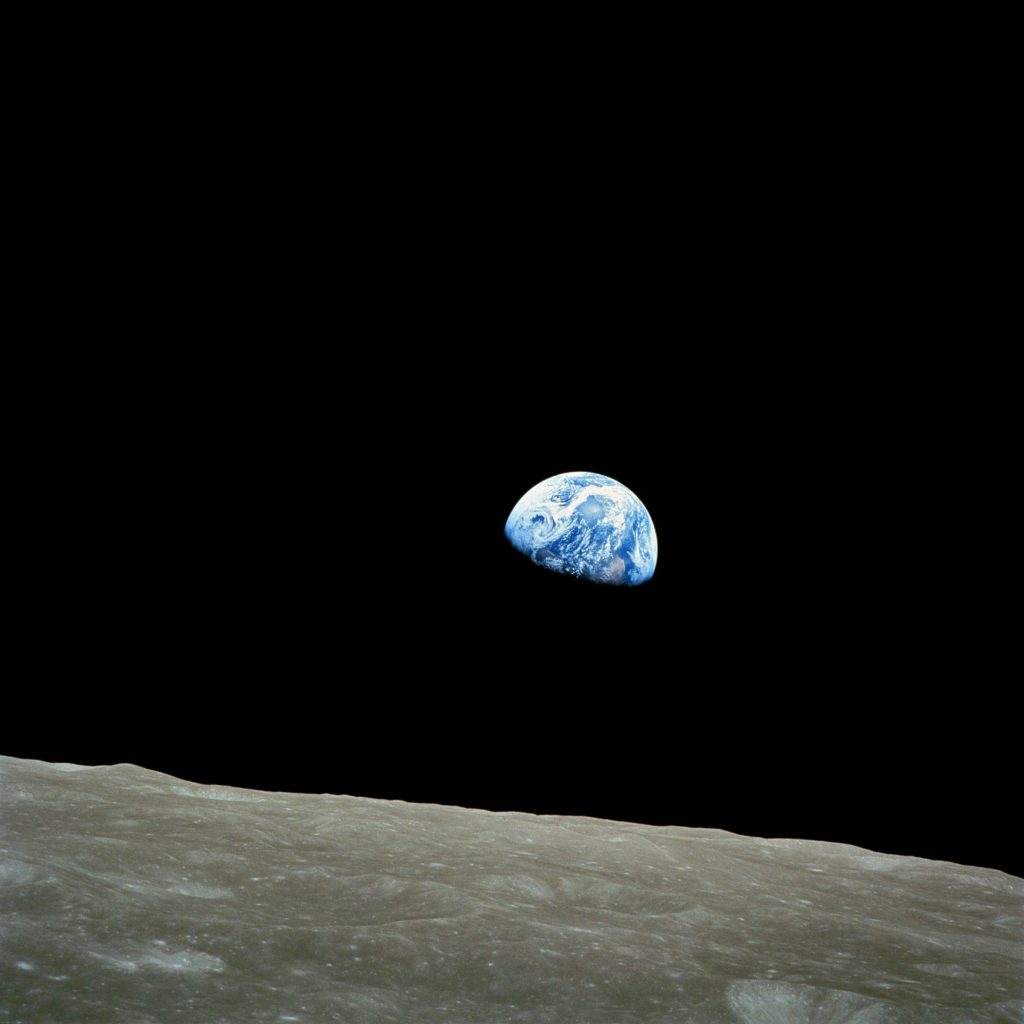Scientists now suggest that Jesus Christ was likely born in the spring, challenging the widely held belief that December 25 marks His birthday. Research points to historical and astronomical data, such as a lunar eclipse shortly before King Herod’s death, to narrow down potential timelines. Biblical accounts of shepherds watching over their flocks at night further indicate that Jesus was likely born in a milder season, as grazing conditions would have been unsuitable during winter.
Experts have deduced that Jesus’s birth may have occurred in March between 6 and 4 BC, based on historical records and the timing of Passover, which followed Herod’s death. Purdue University professor Lawrence Mykytiuk highlighted that the exact year remains uncertain but ruled out December as a likely time due to the seasonal behaviors of shepherds.

These findings challenge centuries of tradition that link Jesus’s birth to December 25. While this date was likely chosen by early Christians to align with winter solstice celebrations, historians continue to piece together evidence for a more accurate timeline.
This revelation underscores the ongoing interplay between historical, religious, and scientific inquiry, providing fresh insights into one of history’s most significant figures.




